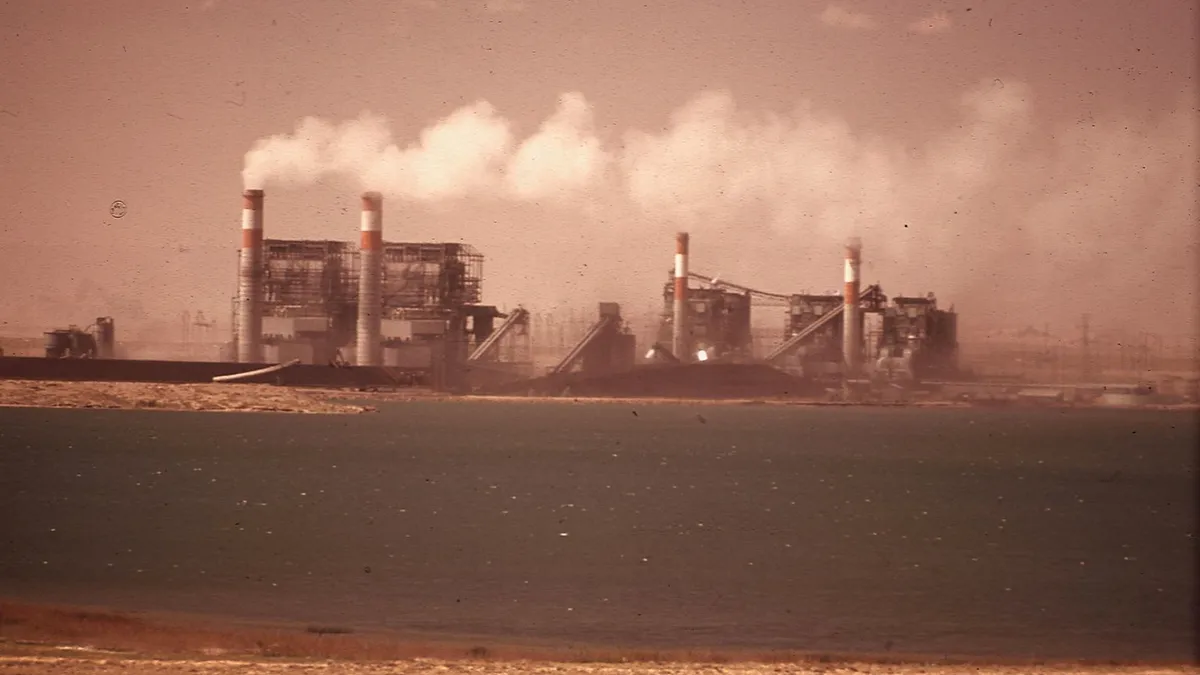Dive Brief:
- Arizona Public Service on Wednesday asked a state appeals court to reverse a 2021 Arizona Corporation Commission decision that denied the utility cost recovery of some investments, cut its rate of return and imposed a penalty for poor customer service.
- The ACC last fall denied APS recovery of $215.5 million spent on pollution control upgrades for the Four Corners coal plant, and set its return on equity, or ROE, at 8.7%. The decision "discourages the capital investments needed to keep the lights on," APS told the court in its filing.
- Utility ROEs have remained steady for nearly two decades, but they could come under increasing scrutiny as regulators take into account inflation and other consumer pressures, said Albert Lin, executive director of the Pearl Street Station Finance Lab.
Dive Insight:
APS has asked the Arizona Court of Appeals to reverse the ACC's cost recovery disallowance and vacate the return on equity decision, as well as a 20-basis point penalty that regulators imposed for customer service issues.
In 2020, an ACC staff consultant’s report concluded the utility failed to conform to best practices, and among other issues, the company’s call center performance was below average.
But the utility told the judge that if the November decision stands, it will "drive up the cost of capital and debt for all Arizona [public service corporations]; chill PSC investments critical to statewide economic growth; increase utility prices for every citizen and business in Arizona; and threaten the future reliability of the state’s electric grid, natural gas and water delivery, and other utility services."
APS is also asking the court to reverse the ACC's decision to set a 0.15% return on its fair value increment, or the amount by which the value of APS’s assets exceeds their original cost.
The PSC has authority over the utility's rates, but APS argued the decision stops it "from collecting reasonable rates that yield a constitutionally sufficient return on its investments."
APS had requested a 5% increase in its most recent rate case, but wound up seeing its revenues cut by about $172 million annually. It had also requested an ROE of 10.15%.
APS challenged regulators' decision to deny recovery of the cost of environmental controls at the Four Corners plant. The utility told the court "there was no evidence APS could have reliably and affordably met its electric service obligations without the power generation the [pollution controls] made possible."
"The public reaped substantial benefits," including "preserving the reliability of Arizona’s electrical grid while California suffered rolling blackouts," the utility added.
On its ROE, APS told the court that Arizona regulators "set a return on equity that is one of the lowest in the nation for investor-owned utilities."
Average ROE for investor-owned utilities is around 9-9.5%, according to Pearl Street's Lin. Pearl Street is supported by Energy Foundation, and works with regulators, policymakers and utilities to reduce carbon emissions.
ROE could start to play a larger role in rate cases going forward, said Lin. Regulators in Arizona are "at the forefront of what's probably a national trend, driven a bit by inflation and people paying attention to cost items."
Pearl Street is tracking 29 active electric IOU rate cases, and in 21 of them, the utility has an approved ROE of 10% or greater.
ROE has been "sort of ignored and left on autopilot for the better part of 20 years," Lin said. "But I think [regulators] are going to start paying attention to some of the utility arguments, over why they should get an ROE similar to what they had in their last rate case."
A first round of responses to APS's brief is due June 6, but Lin said it will likely be July before the court makes a decision or hands it back to the ACC.
The commission said it does not comment on ongoing litigation.
Lin believes it is unlikely the appeals court will make an outright finding for APS. "The judge would most likely turn it back to the commission" for possible reconsideration, or the utility could be directed to file its rate case again, he said.















